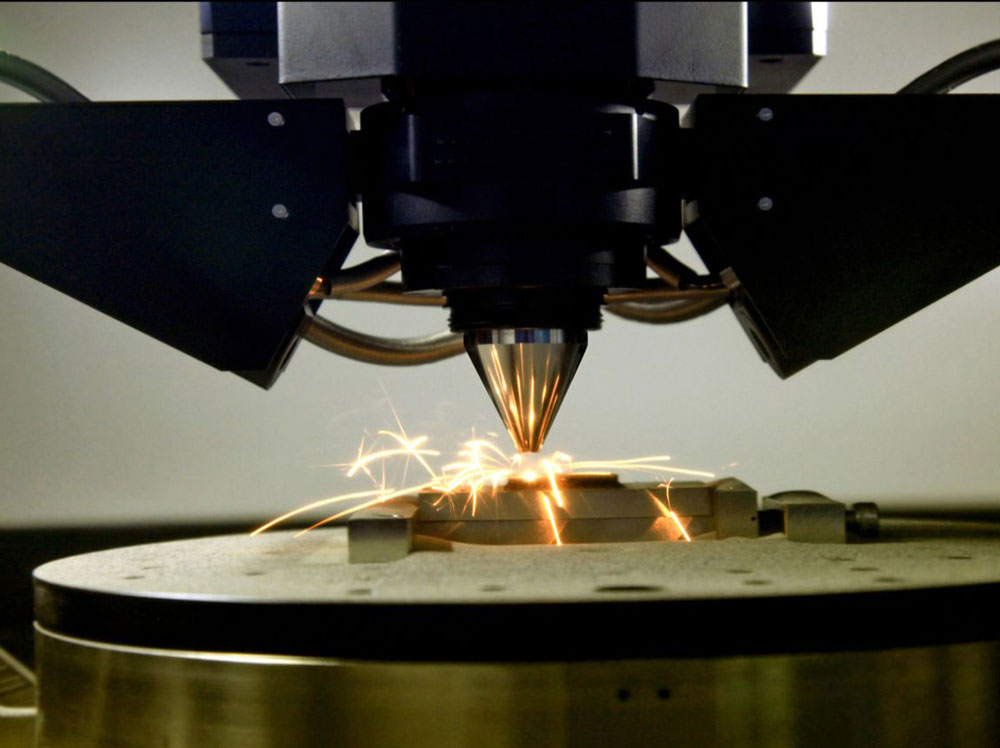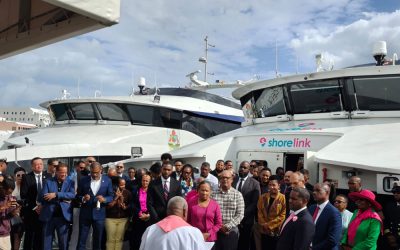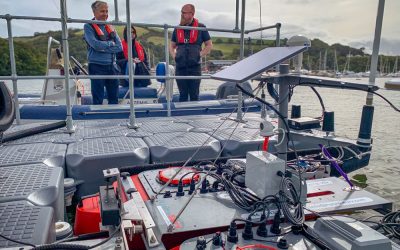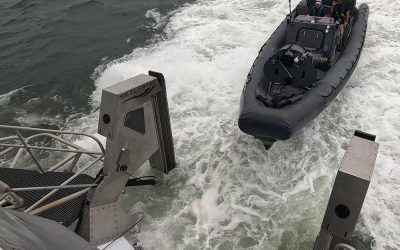The International Association of Classification Societies (IACS) has published a new recommendation, Rec. 186, which has been developed to help determine a standardised approach to integrating additive manufacturing (AM), AKA 3D printing, into marine and offshore applications.
IACS comments: “AM has emerged as an alternative to traditional manufacturing processes by fusing materials to produce objects from a digital 3D model into a series of 2D cross sections for layer-by-layer physical prints, ultimately producing a 3D object.” The association notes that AM’s benefits include “greater design freedom”, along with reduced material waste and a higher degree of flexibility when it comes to on-demand production and customisation.
In particular, IACS adds, ‘Rec. 186: Additively Manufactured Metallic Parts for Marine and Offshore Applications’ establishes a framework for “the qualification, approval and certification of additively manufactured metallic parts”, including guidance on part design, feedstock selection, AM processes, post-processing and inspections and testing. The association adds: “By incorporating recognised international standards such as ISO/ASTM 52900 and AWS D20.1, it aligns AM technology with existing Unified Requirements [UR], particularly UR W for materials and welding, ensuring equivalent reliability and safety.”
Rec. 186 outlines several “key areas” for the “safe and effective adoption of AM in the marine sector”. These include: AM processes such as powder bed fusion, directed energy deposition and binder jetting, as well as detailed parameters for each of these processes; the introduction of tiered testing levels – referred to here as ‘AM Levels 1-3 – for class and certified items; “rigorous qualification processes” and recycling protocols for AM feedstocks (such as powder, wire and binder feedstocks); maritime-specific qualifications for parts, which would also involve pre-build simulations; and non-destructive testing (NDT) methods, such as CT scans.
The recommendation is intended to assist not only shipyards and vessel operators but OEMs in using AM to develop safety-critical marine components. Alexandre Astruc, chair of IACS’ expert group on materials and welding, comments: “3D printing is increasingly becoming a valuable tool for the marine sector, offering a flexible, speedy and customisable solution for environments where the consequences for safety, sustainability or operational uptime can otherwise be significant.
“While [AM’s] potential for rapid production is notable, its true strength lies in its ability to provide innovative, on-demand solutions tailored to complex maritime challenges. In developing Rec. 186, IACS is seeking to safeguard the benefits offered by AM by ensuring it is underpinned by a standardised framework for verification and certification that gives confidence to all parties.”
Further details on Rec. 186 can be accessed at https://iacs.org.uk/resolutions/recommendations/181-200/rec-186




